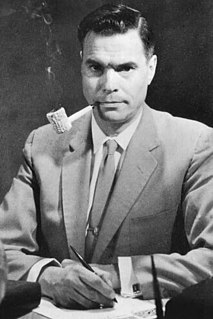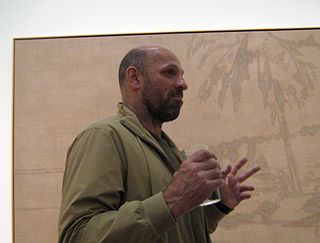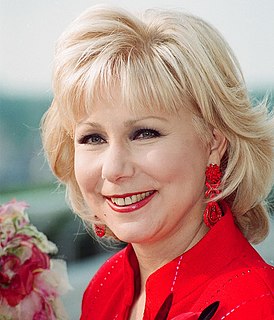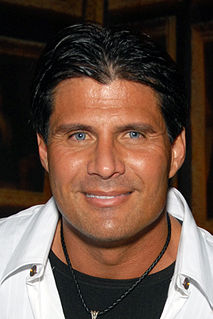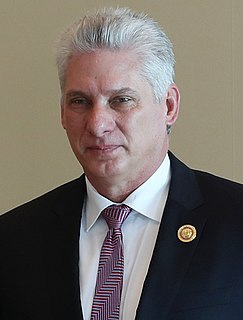A Quote by Alejandro Castro Espin
To apply communism is an aspiration, in fact it has never been applied anywhere, it is really still a utopia.
Related Quotes
This was 1990, the year that communism died in Europe and it seemed strange to me that in all the words that were written about the fall of the iron curtain, nobody anywhere lamented that it was the end of a noble experiment. I know that communism never worked and I would have disliked living under it myself but none the less it seems that there was a kind of sadness in the thought that the only economic system that appeared to work was one based on self interest and greed.
Communism is an aspiration, an aspiration is an ideal, a dream, a longing of something that would be perfect, but hard to build because it has to clash with human nature and against the egotism of humans and the egotism of the elites which usually try to guarantee their own interests above those of their nations and of their own people. But they are the ones that prevail because they have the economic power, the political power and the military power.
It is interesting to note that the "sexual revolution" was sometimes portrayed as a communal utopia, whereas in fact it was simply another stage in the historical rise of individualism. As the lovely word "household" suggests, the couple and the family would be the last bastion of primitive communism in liberal society. The sexual revolution was to destroy these intermediary communities, the last to separate the individual from the market. The destruction continues to this day.
I like creating these moments where there's this dichotomy between something that repels you but is still so attractive that you can't stop looking. You still want to acquire it; there's still that level of aspiration for the image of the figure or the person you're looking at. when you look at the work there's this, "Oh it's really beautifully rendered!" or, "I love those beautiful tones." There's some aspect that's really attractive but the image itself could be slightly distributing.
And so when I moved to IBM, I moved because I thought I could apply technology. I didn't actually have to do my engineer - I was an electrical engineer, but I could apply it. And that was when I changed. And when I got there, though, I have to say, at the time, I really never felt there was a constraint about being a woman. I really did not.

